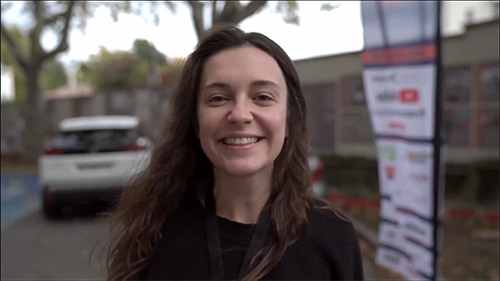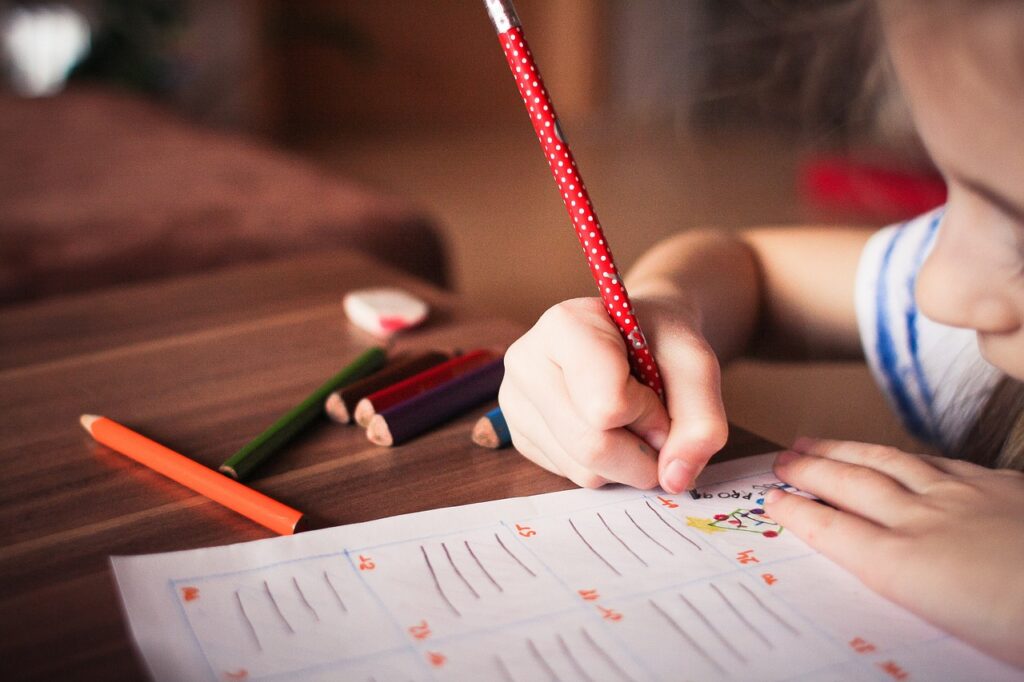[Thesis defence] 20/12/2024 - Laure-Hélène Swinnen: "Artistic and Cultural Education at the Festival d'Avignon: birth, existence and resonance with young audiences" (UPR LCC)
Laure-Hélène SWINNEN will submit her thesis on 20 December 2024 on the theme: "Artistic and Cultural Education at the Festival d'Avignon: birth, existence and resonance with young audiences".
Date and place
Oral defense scheduled on Friday 20 December 2024 at 15:00
Venue: Avignon University, 74 rue Louis Pasteur 84029 Avignon
Thesis room
Discipline
Communication

Laboratory
UPR 7542 - Culture and Communication Laboratory
Composition of the jury
| Mr Emmanuel ETHIS | INSEAC - National Conservatory of Arts and Crafts | Thesis supervisor |
| Mrs Sylvie PARRINI-ALEMANNO | CNAM | Rapporteur |
| Mr Romain PASQUIER | Rennes Institute of Political Studies | Rapporteur |
| Ms Marie-Christine BORDEAUX | Grenoble Alpes University | Examiner |
| Virginie SPIES | Avignon University | Examiner |
| Mr Jean-Louis FABIANI | Central European University (Budapest) | Examiner |
| Mr Damien MALINAS | INSEAC - National Conservatory of Arts and Crafts | Thesis co-director |
| Mr Raphaël ROTH | INSEAC - National Conservatory of Arts and Crafts | Thesis co-supervisor |
| Ms Antigone MOUCHTOURIS | University of Lorraine | Guest |
Summary
Artistic and Cultural Education (EAC) has historically had its roots in schools, but is it also present in cultural institutions such as the Festival d'Avignon? Since 1947, Jean Vilar has been working for young people, cultural democratisation, theatrical decentralisation and a popular theatre accessible to all. Perhaps these were already the beginnings of an EAC that has continued to evolve and change over the decades, in response to crises, historical events and other changes of direction. Through an immersive and participative field study, this thesis shows that the EAC is reflected at the Festival d'Avignon by the mobilisation of a chain of cooperation, by a diversity of initiatives in July and throughout the year, by digital actions, by the creation of partnerships, by dedicated communication and mediation tools, by the development of public and private spaces, by a temporal dynamic in three phases (before-pend-after), by the appropriation of the Charter and its recommendations. These various elements are part of a global strategy aimed at young people, which was even maintained during the health crisis of 2020. As the main beneficiaries of this public policy, young people have many ways of taking ownership of the measures, which we have tried to highlight through what they say and how they behave. They are traversed and affected by different worlds of EAC that need to be known, identified and brought together.

Keywords : Festival, Artistic and Cultural Education, Young Audiences, Theatre, Reception
Updated on 16 December 2024